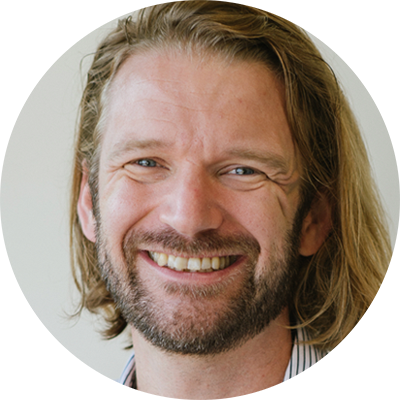 David Mellor
David MellorScience has a transparency problem. Publishers often lock research findings behind paywalls, siloing data in private repositories and hindering replication by withholding access to methods and materials. Journals, funders, societies, and universities set their own standards, making consistent adoption of open practices difficult. The potential of open science is real. But that full potential can only be unlocked with cultural change and a requirement for open practices.
Open science policies that are optional pose problems because they incentivize researchers to withhold information and create challenges in fairly evaluating research outputs. Making transparency mandatory can create a fairer environment and ensure researchers follow basic standards.
While open science policies and mandates have the potential to tackle research issues head-on, implementation will be challenging. Cultural change should be nurtured alongside policy changes. Nurturing means creating an environment where researchers are rewarded for sharing their work and where that is the norm rather than the exception. There is no one way to make open science mandatory, but it starts with education, training, and community building.

The Transparency and Openness Promotion Guidelines (TOP) offer a structured approach to promoting transparency and rigor in research. The guidelines include a framework of research practices, among them data, code, and material sharing; preregistration; reporting guidelines; and registered reports. More than 5,000 journals and funding organizations have already supported the TOP principles through a COS signatory campaign.
Data science and education also play crucial roles in enabling and empowering researchers to embrace open science practices. The University of Virginia and other institutions are pioneering data science programs and embedding open scholarship principles into their curriculum. UVA’s School of Data Science promotion and tenure policy includes open scholarship as a requirement, and the school has made its online Master's program modules publicly available. This new generation of researchers trained in quantitative skills and open science values can be a driving force for change.
Open science is the future of research. Challenges and opportunities lie ahead as we attempt to promote and require practices that cultivate a culture that values open scholarship. But we can achieve research practices that leave us with a better scientific community and society.

210 Ridge McIntire Road
Suite 500
Charlottesville, VA 22903-5083
Email: contact@cos.io

Unless otherwise noted, this site is licensed under a Creative Commons Attribution 4.0 International (CC BY 4.0) License.
Responsible stewards of your support
COS has earned top recognition from Charity Navigator and Candid (formerly GuideStar) for our financial transparency and accountability to our mission. COS and the OSF were also awarded SOC2 accreditation in 2023 after an independent assessment of our security and procedures by the American Institute of CPAs (AICPA).
We invite all of our sponsors, partners, and members of the community to learn more about how our organization operates, our impact, our financial performance, and our nonprofit status.